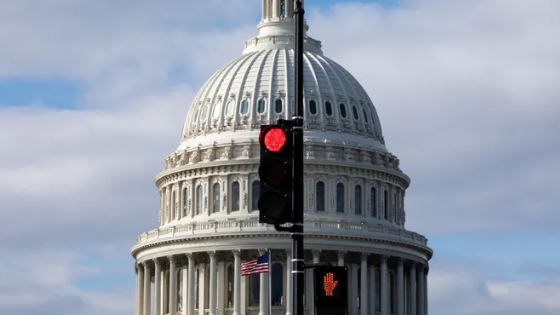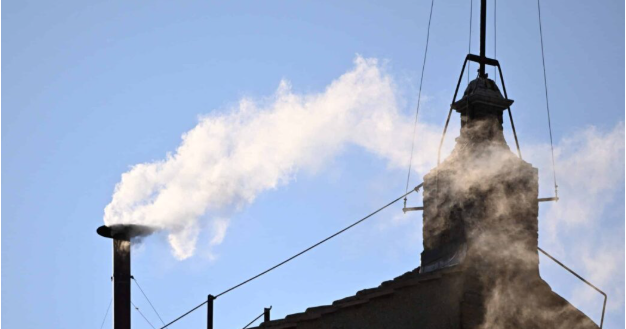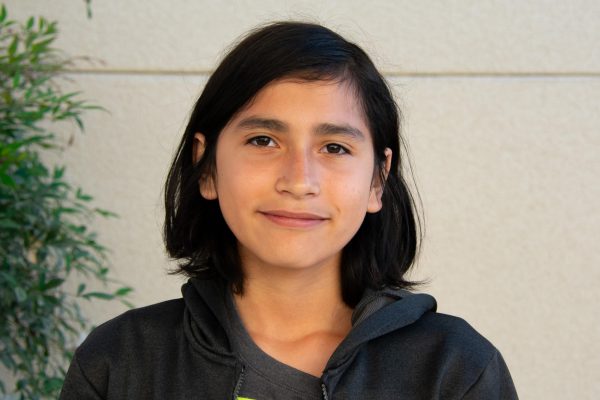With AI on the rise comes the question of copyright protection. Can only humans hold the ability to hold patents or can any intelligence? The US Patent and Trademark Office (USPTO) made it clear that only a real person and not an AI can make a “significant contribution” to an invention to be be named the inventor on patents.
USPTO’s new AI inventorship guidance stated that, “under the Pannu Factors, a person makes a significant contribution to an invention if they: contribute in some significant manner to the conception of the invention; made a contribution to the claimed invention that is not insignificant in quality, […] and did more than merely explain the well-known concepts and/or the current state of art.”
It also states that, “a natural person who only presents a problem to an AI system may not be a proper inventor.” An AI like ChatGPT cannot make a significant contribution to the invention and the person who gives the prompt cannot be held as the inventor. ChatGPT itself can’t be trademarked. Only natural intelligence can be the leading factor of an invention.
However, it isn’t cut and dry. Expectations were made for AI use. According to scenario 3 of the guidance, someone could use an AI model to create a preliminary design. From there, they can make adjustments and base experimentation off the original design created by the AI model. AI can make suggestions about manufacturing, according to scenario 4. If the adjustments and changes are considered a “significant contribution,” then humans can be deemed proper inventors, but not AI.





